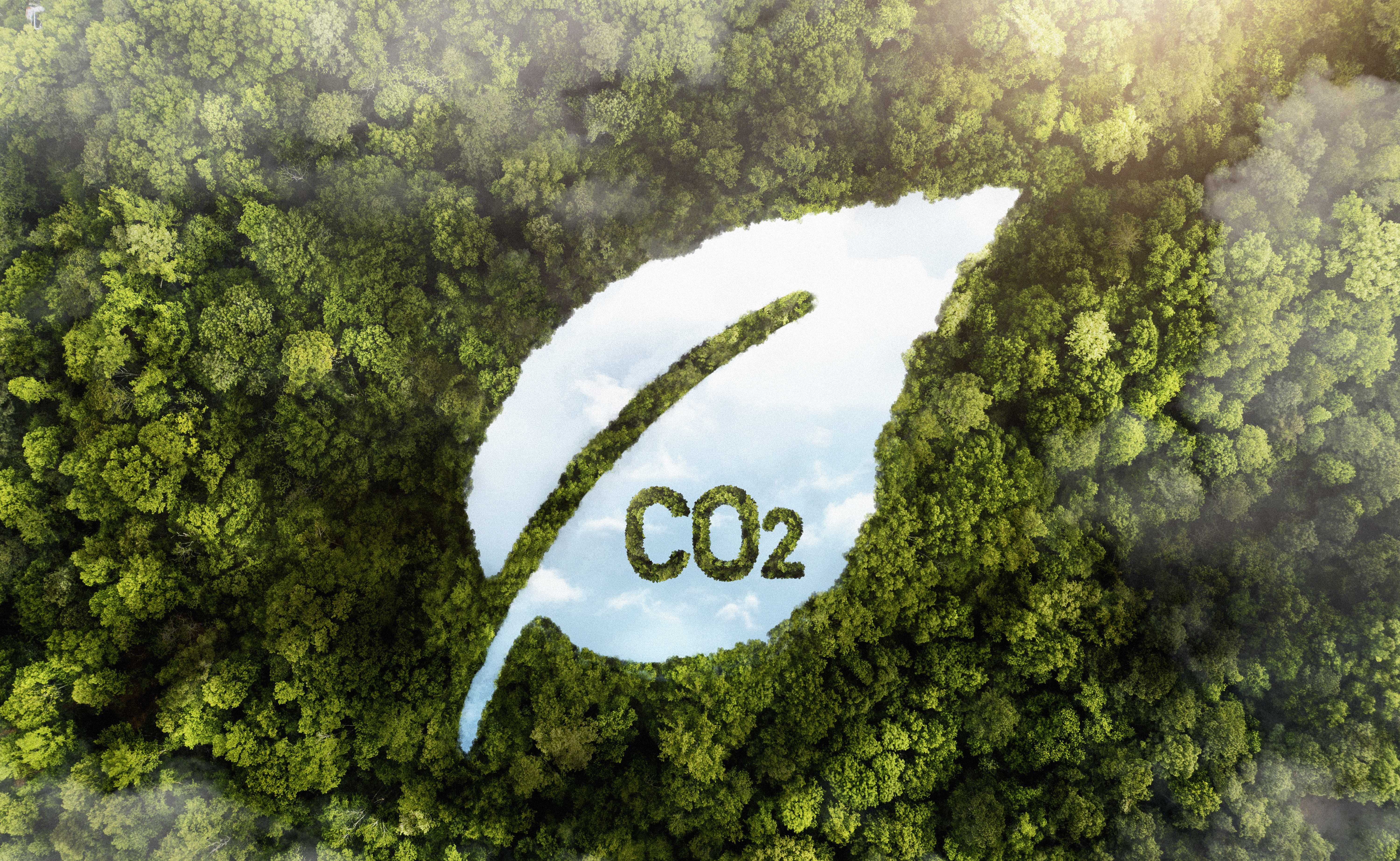Carbon capture, use and storage (CCUS) is a strategic tool for achieving climate neutrality objectives, especially in industrial sectors that are difficult to decarbonise. A coherent and enabling legislative framework that regulates and coordinates all links in the carbon value chain - from capture, through transport and storage, to the possible uses of sequestered carbon - is essential to enable its feasible large-scale deployment.
In this context, the European Union is making progress in defining this framework through initiatives such as the Industrial Carbon Management Regulation, the Net Zero Industry Act and the Carbon Certified Carbon Phase-out Framework (CRCF), aimed at encouraging investment, guaranteeing the traceability of CO₂ and facilitating new business models.
However, turning these initiatives into concrete projects involves technical, economic and governance challenges. It is essential to understand how the different actors in the system interact: from emitting companies, transport and storage operators, to regulators and financial institutions.
The Repsol Foundation Chair on Energy Transition at Rovira i Virgili University is organising this webinar to analyse these challenges and opportunities.
Speakers:
Alberto Lozano
Network of Chairs at the Repsol Foundation.
Estela Rivas
Professor at the Repsol Foundation Chair in Energy Transition at Rovira i Virgili University, specializing in CO₂ Capture and Utilization.
Francesc García-Donet
Senior Advisor and Director of the Next Generation Observatory at Llorente y Cuenca
Marta González
CCS Commercial and Marketing Manager (EU&MENA) at Repsol
Fernando Impuesto
Business Development Director at Enagás
Tomás García
Managing Director at BBVA
Co-organizers

Downloadable documents
Estela Rivas Presentation
see PDF (0 MB)Tomás García Presentation
see PDF (1 MB)Fernando Impuesto Presentation
see PDF (2 MB)Francesc García Presentation
see PDF (1 MB)Marta Gonzalez Presentation
see PDF (0 MB)Access My Open Room.
To access the content you must first register.




